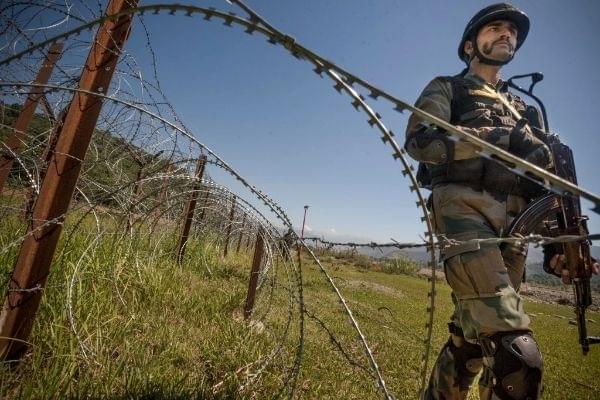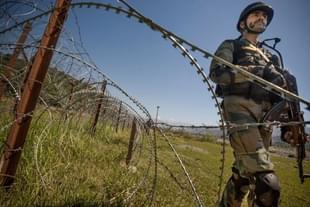News Brief
After DGMO Level Talks In February, Pakistan Violated Ceasefire Agreement Six Times Between March And June
IANS
Aug 04, 2021, 07:58 AM | Updated 08:00 AM IST
Save & read from anywhere!
Bookmark stories for easy access on any device or the Swarajya app.


Pakistan violated the ceasefire agreement six times between March and June this year after the Director General of Military Operation-level talks between the two countries, the Minister of State for Home Affairs, Nityanand Rai, said on Tuesday (3 August).
Giving a written reply to a question, Rai informed the Lok Sabha that there has been a sharp decline in ceasefire violation cases this year after the ceasefire agreement was re-signed between India and Pakistan on 25 February this year, whereas in 2020, Pakistan had violated ceasefire 5,133 times, 3,479 times in 2019 and 2,140 times in 2018.
The minister, however, said that Pakistan at the beginning of the year violated ceasefire 380 times in January and 278 times in February. After the agreement on ceasefire, Pakistan violated the ceasefire once in April, thrice in May and twice in June.
Till June this year, a total of 664 ceasefire violations were done by Pakistan. In the last four-and-a-half years, the year 2020 has seen the highest ceasefire violations, Rai added.
According to the Ministry of Home Affairs data, while there were 2,140 ceasefire violations in 2018, in 2020 it almost doubled to 5,133. In 2019, the numbers stood at 3,479.
After the signing of the pact, a joint statement was issued on February 25 following the hotline talks between the DGMOs of India and Pakistan wherein the both the countries agreed to strictly adhere to all the agreements of ceasefire along the Line of Control from the midnight of 25 February.
The minister also informed the Lower House that various political parties of Jammu and Kashmir had welcomed the joint statement while several countries also issued statements welcoming the development as an important and positive step.
(This story has been published from a wire agency feed without modifications to the text. Only the headline has been changed.)





